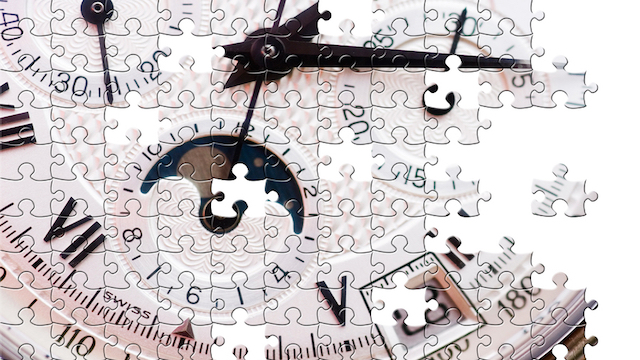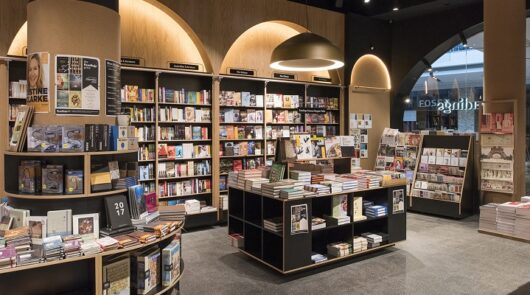Hong Kong watch sales have plummeted in the last two years – now we can tell you where they’ve gone.
According to data from the Federation of the Swiss Watch Industry, exports of Swiss watches fell 3.3 per cent year-on-year in 2015 – to about 21.8 billion Swiss francs (US$22.8 bilion). That figure could well have been a whole lot worse, because exports to Hong Kong, long the world’s biggest market for luxury timepieces, plunged a staggered 23 per cent last year. Sales in the US, Japan and China slipped by between 1 per cent and 5 per cent.
So where have all the watches gone?
Korea.
Despite a stagnant broader economy, Koreans are addicted to status symbols, global fashion and luxury goods – hallmarks of an economy which has recently matured from being labelled a developing economy into successful first world status in the mid 1990s.
According to the Federation of the Swiss Watch Industry, exports to South Korea soared 18.8 per cent in 2014 and remained stable last year. Department stores Shinsegae, Lotte and Hyundai report luxury watch sales rose 20 per cent to 30 per cent in 2015 and in the first two months of this year are up by 30 per cent to 40 per cent.
While a proportion of those sales were to Mainland Chinese tourists who have shunned Hong Kong in favour of countries where their currency stretches further, the department stores claim 90 per cent of luxury watch sales are to locals, not foreigners.
Swiss watch companies are now racing to open stand-alone boutiques to position their brands, at the same time as boosting supplies to department stores and multi-brand retailers.
Panerai opened a flagship store in Seoul in March and Breguet opened its first new boutique for six years at Shinsegae Department Store in Gangnam. Piaget and Audemars Piguet opened new stores at the same location, their first in three years.
Observed Yoo Tae-young of Hyundai Department Store: “Luxury watchmakers used to consider Europe, the US, China and Japan their major markets, but private consumption in China is slowing and Beijing is cracking down on corruption. As a result, Korea is emerging as a major market in Asia.”
Demographic data from department stores shows younger customers are the biggest spenders: Last year, shoppers aged in their 20s and 30s accounted for 30.4 per cent of luxury watch sales at Hyundai Department Store, up from 23.6 per cent three years earlier. NIne in 10 buyers are men.






